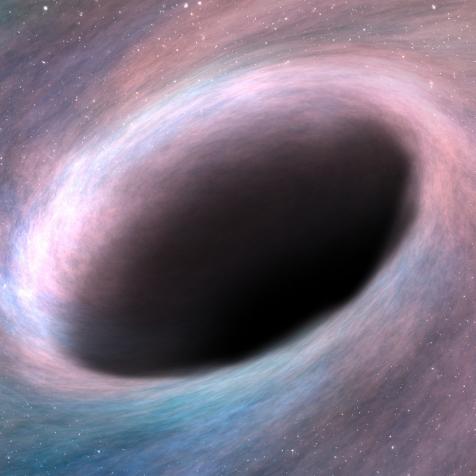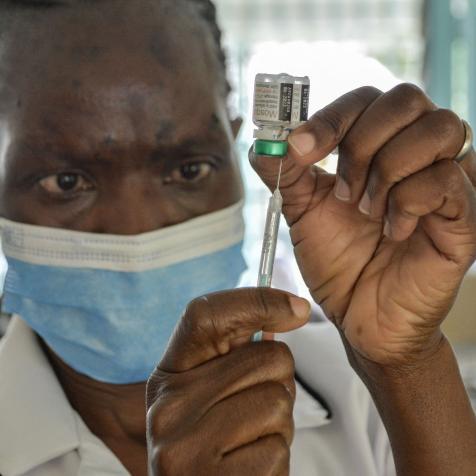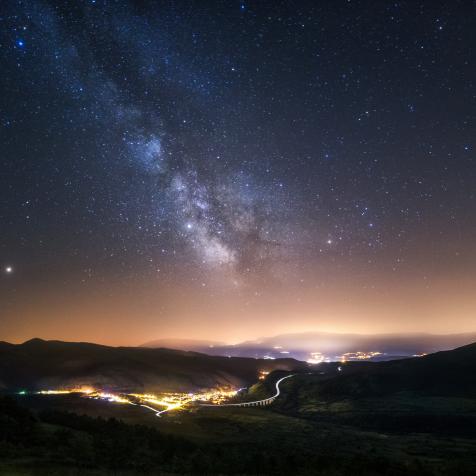
Shutterstock
There Might Be a Universe Inside Every Black Hole
The birth of our universe may have come from a black hole.
Most experts agree that the universe started as an infinitely hot and dense point called a singularity. Wait a minute. Isn't that what people call black holes? It is, in fact, and some physicists say they could be one and the same: The singularity in every black hole might give birth to a baby universe. There's no reason to think our universe is any different.
Curiouser and Curiouser
Black holes form when a very massive star dies and its core collapses into a space so small that not even light can escape it. The boundary that delineates that point of no return is called the event horizon, and a sort of opaque "wrapping" that doesn't let you see the singularity itself. Importantly, as matter falls into the black hole, the event horizon grows: rapidly at first as the black hole begins to form, then more slowly as matter falls in at a lower rate.
During the first trillionth of a second after the Big Bang, the universe expanded incredibly rapidly — faster than the speed of light. (Since space was technically being created, that universal speed limit didn't have much sway). Over time, that expansion slowed down. Doesn't that sound a lot like a black hole's event horizon? Is it possible that our universe is the event horizon in some other universe's black hole?
Black Holes All the Way Down
But here's the thing: Three-dimensional black holes in our universe have two-dimensional event horizons. That means for our universe to be an event horizon, it had to have been born out of a four-dimensional black hole in a four-dimensional universe. Sounds crazy, right?
We can't calculate what happens in a black hole's singularity — the laws of physics literally break down — but we can calculate what happens on the boundary of an event horizon. As matter falls into the black hole, the event horizon encodes that information. The black hole and the event horizon grow in tandem so that the surface area is the exact right size to contain the information for all of the matter that has ever fallen in since the black hole's inception. All that information could translate to everything that exists in our universe.
And believe it or not, the math adds up and solves some long-stewing issues in the process. So say researchers at the Perimeter Institute and the University of Waterloo, who first posed this possibility back in 2014. One big problem with the Big Bang, according to The Perimeter Institute, "is that the big bang hypothesis has our relatively comprehensible, uniform, and predictable universe arising from the physics-destroying insanity of a singularity. It seems unlikely."
The black hole hypothesis is a lot cleaner, if mind-bendingly hard to picture. We might live in a universe within a black hole within a universe within a black hole. It might just be black holes all the way down.
This article first appeared on Curiosity.com.


















